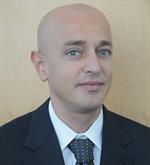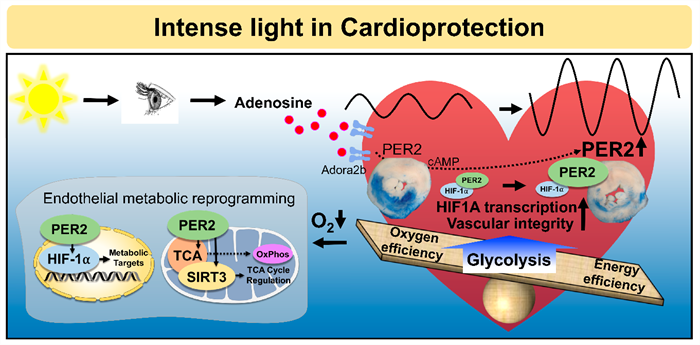Dr. Tobias Eckle Program
 Tobias Eckle, MD, PhD
Tobias Eckle, MD, PhD
Primary Appointment: Professor, Anesthesiology
Secondary Appointment: Professor, Cardiology
Dr. Eckle's Colorado Profiles page.
Education
MD, Eberhard-Karls University, Tübingen, Germany
PhD, Eberhard-Karls University, Tübingen, Germany
Internship, Department of Anesthesiology and Intensive Care Medicine, Clinic of Internal Medicine, Department of Abdominal Surgery, Department of Cardiac Surgery, University Hospital of Tübingen, Germany
Residency in Anesthesia, Department of Anesthesiology and Critical Care Medicine, University Hospital of Tübingen, Germany
Contact Information
Mailstop B112
12700 E 19th Avenue, room 7121
Aurora, CO 80045
Telephone: (303) 724-2932
Email: [email protected]
Training Programs
Cell Biology, Stem Cells and Development
Research Interests
The role of the circadian and light elicited protein Period 2 (PER2) in anesthesia and critical care relevant comorbidities.
Research Description

Our research has been directed towards identifying cellular adaptive mechanisms during hypoxic conditions such as myocardial ischemia - one of the leading causes of morbidity and mortality worldwide. Adenosine signaling has been implicated in cardiac adaptation to limited oxygen availability. In a wide search for adenosine receptor elicited cardio-adaptive responses, we identified the circadian rhythm protein period 2 (PER2) as an adenosine signaling target. Here we found that Per2-/-mice had larger infarct sizes and a limited ability to use carbohydrates for oxygen-efficient glycolysis compared to wild-type mice. This impairment was caused by a failure to stabilize the oxygen sensor hypoxia-inducible factor-1 alpha (HIF1A). Moreover, stabilization of PER2 in the heart by exposing mice to intense light resulted in the transcriptional induction of HIF1A regulated glycolytic enzymes and PER2-dependent cardio-protection from ischemia. Ongoing studies are directed towards elucidating the role of the light regulated circadian rhythm protein PER2 as oxygen and metabolic sensor during conditions of limited oxygen availability. The long-term goal of our studies is to introduce circadian (PER2) enhancer strategies into the hospital to prevent or treat hypoxic conditions such as myocardial ischemia in patients (https://clinicaltrials.gov; NCT02490397).
Our research is funded by NIH-NHBLI and AHA research grants.